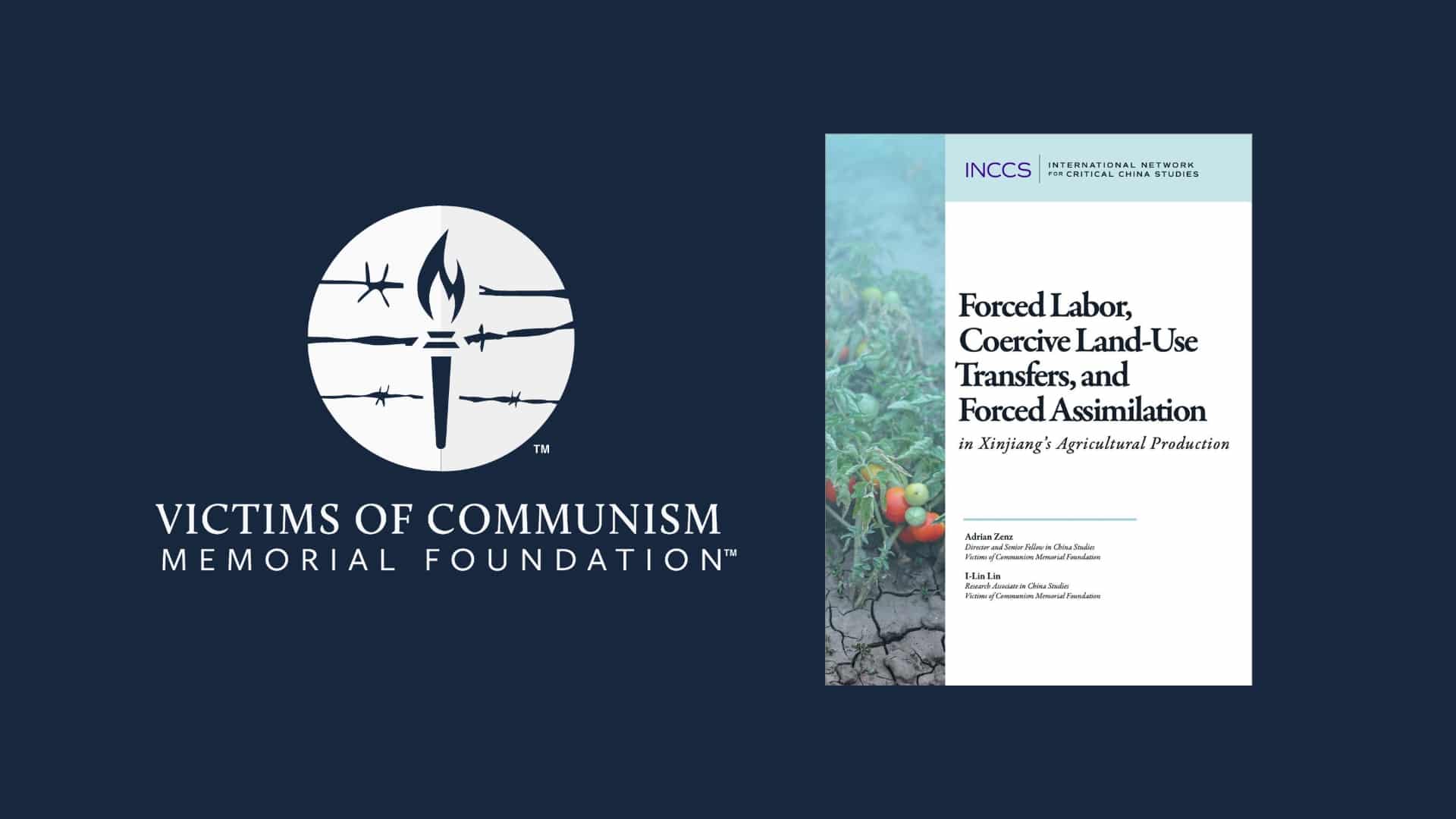A new peer-reviewed academic report by VOC’s Dr. Adrian Zenz and I-Lin Lin, published by the International Network for Critical China Studies (INCCS), shows that China’s agricultural sector in Xinjiang is more tainted by forced labor than previously known, raising grave concerns for Uyghur lives as well as the culpability of Western businesses and consumers.
136 Pages Posted: Last revised: 12 Dec 2024
Date Written: December 10, 2024
The report, published in the Social Science Research Network, finds that Chinese-produced tomatoes, peppers, marigolds, and stevia are linked to forced labor, coercive transfers of land-use rights from Uyghur peasants to large Chinese agribusinesses, as well as the forced assimilation and political indoctrination of Uyghur laborers in these corporations. Implicated in this new research are Chinese corporations that represent over 50% of China’s tomato production, along with 65% of global red pepper pigment. The report further highlights that 10% of all chili peppers, nearly two-thirds of the world’s paprika oleoresin, a pigment used in food coloring and cosmetics, and a growing share of the global production of stevia, a popular natural sweetener, are all produced by China in Xinjiang.
Products made with these agricultural inputs have been directly or indirectly linked to several major multinational corporations including Kraft Heinz, Nestlé, Del Monte, PepsiCo, McCormick, Unilever, and L’Oreal. Some Western companies not only use products from Xinjiang but also actively collaborate with companies from the region. As of 2024, the Kraft Heinz Company, maker of the popular Heinz brand ketchup sold worldwide, maintains a strategic relationship with COFCO, a Xinjiang-based state-owned enterprise, to provide tomato supply, seed development, and technical collaboration. COFCO not only participates in and benefits from coercive work and land-use transfer policies—they also actively help the government to surveil Uyghur households and enforce state policies linked to cultural assimilation and forced labor.
The report concludes with implications for global supply chains and policy recommendations to combat China’s system of forced labor.

